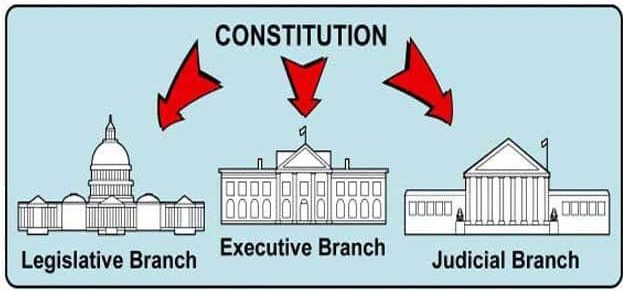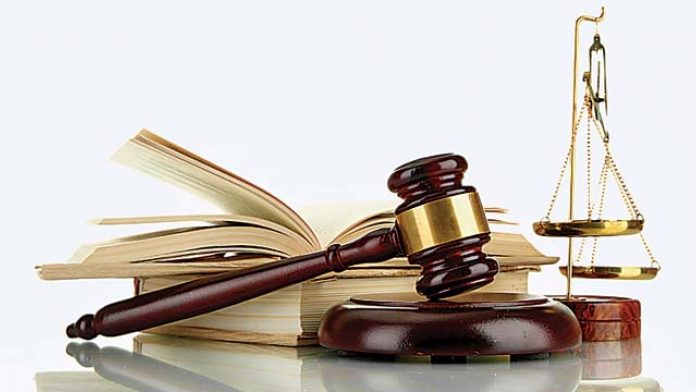- In a democratic form of governance, the Constitution reigns supreme with clearly demarcated responsibilities to uphold the same by the three crucial arms viz. the legislature, the executive, and the judiciary is firmly established. As is known, the legislature is tasked to frame laws for the benefit of the people and the state. The executive or the government of the day is tasked to execute those laws framed by the legislature by ensuring proper implementation. The judiciary is tasked to interpret those laws framed solely based on the Constitutionally mandated Articles and adjudicate for or against when the legislature or the executive traverses away from the path laid out by our founding fathers.

PC: Sakhir Mohamed
- The functionality of these three pillars of the Constitution is further strengthened by the active participation of the citizens of the country by sending elected representatives to serve them. For the people, by the people, and of the people is sacrosanct in democracy in letter and spirit. No disputing the fact that the Indian Republic has sustained by upholding these inviolable principles for the past seven decades and successfully at that. However, there is any number of incidents of overlapping amongst the three Constitutional pillars on other’s territories. Uncalled for activism with efforts to usurp/curtail well-demarcated responsibilities much to the detriment of the established order are on the rise consequently.
- Most disconcertingly, such endeavors are increasing around the world showing an unwelcome tendency to shake the very foundation of the Constitution leading to anarchy and tyranny. Back home, the hugely embarrassing emergency in the 1970s is a stoic reminder of how established order can go awry when the Constitution breakdown occurs owing to power-hungry elements turning rogue. In this context, the CJI’s warning recently that the right to change governments through elections by itself, need not be a guarantee against tyranny evokes introspection. The statement underscores recognizing citizens as the ultimate sovereign and qualifying as a properly functioning democracy necessitating public discourse that is both reasoned and reasonable.

PC: Iasgatewayy
- Further elaborating, the CJI mentioned that criticisms and voicing of protests to an integral part of the democratic process and urged the Executive and legislature to assume equal responsibilities of upholding Constitutional values ensuring justice in the first place so that the judiciary can act as an important check later. Note that nothing controversial or unexceptionable here. Democratic principles provide for countervailing checks and balances in the form of scrutiny from courts whenever the government attempts to exceed its remit by the forceful muzzling of dissenting voices. Thus, the judiciary is viewed as the last resort for the common citizens feeling harassed by political domination.
- The beauty of democratic governance lies in recognizing the limits of each pillar as also act energetically and creatively within the due process and procedure as enunciated in the Constitution. Indisputably, the judiciary should be allowed to enjoy complete freedom to check excessive governmental powers without experiencing the burden of extraneous considerations or undue pressures being exerted whilst discharging entrusted responsibilities. Any indiscretions by either the executive or the legislature aimed at subverting the judiciary’s independence are bound to destroy the sound edifice built so assiduously. Only then the true meaning of the democratic credentials of a nation gets noticed, recognized, and adored.






